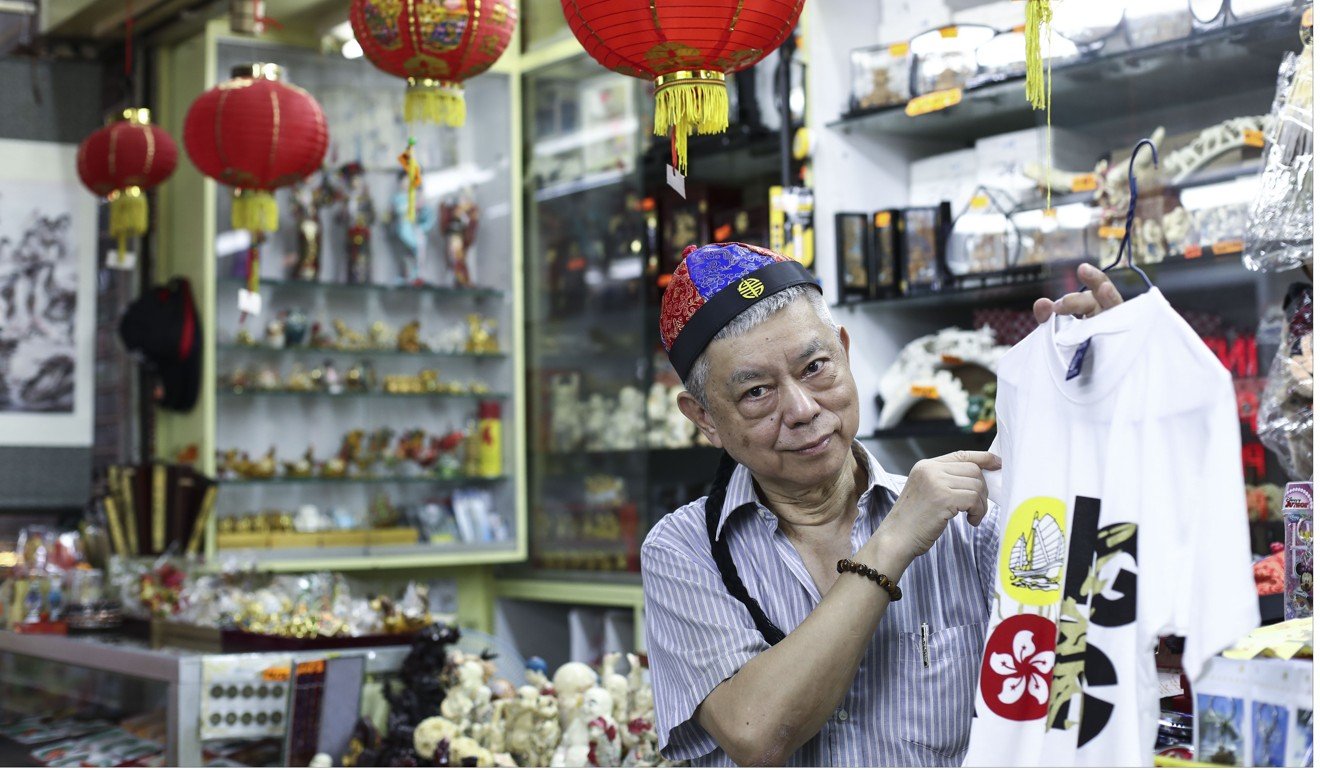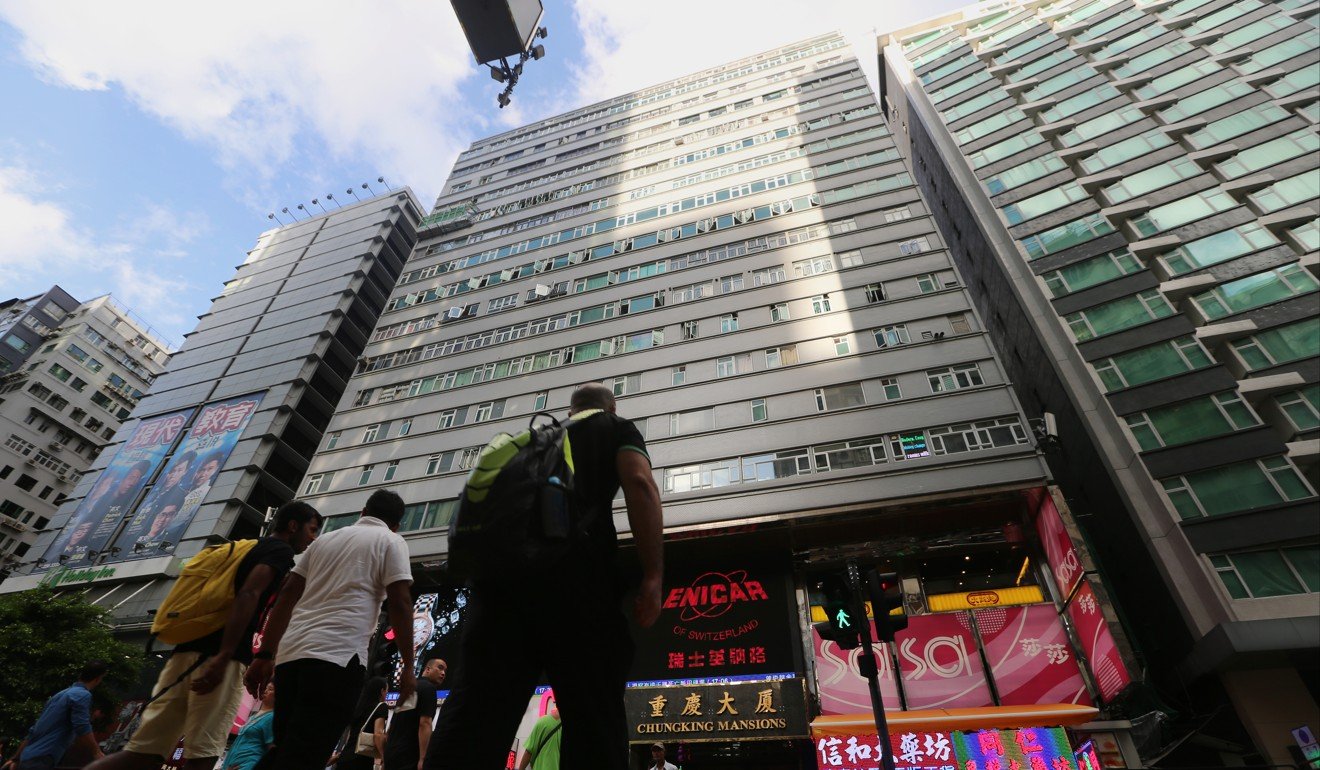
Meet one of the last remaining Hong Kong Chinese traders in Chungking Mansions
Nelson Tse has held a shop in the infamous Nathan Road high-rise for more than four decades alongside competitors from around the globe
Hong Kong trader Nelson Tse Shiu-ho has worked full time since he was just 13 years old, so it’s perhaps not surprising that he is looking forward to retirement.
Now 70, the father of one has held a shop in Chungking Mansions – a hub for traders from developing countries, backpackers and asylum seekers – for more than four decades.
“I want to go and visit my grandchildren in Australia, because so far I have only been able to see pictures on WhatsApp,” he says.
Tse, who lives with his wife in Pok Fu Lam, is one of the last remaining Hong Kong Chinese shop owners in Chungking Mansions. Completed in 1961, the building in Tsim Sha Tsui was originally intended to be residential, but gradually came to incorporate hotels, restaurants and shops.
Interactive special: Chungking Mansions, the star of the screen and a den of sin... may be facing the end
It is now predominantly home to Indian and Pakistani traders, with authentic cuisine available on almost every aisle.

Tse, recently interviewed for the BBC series World’s Busiest Cities, says the building’s inhabitants started to change after Hong Kong’s handover from Britain to China in 1997.
“Everything changed after China took over Hong Kong,” he says. “It opened the world market.”
Tse is known affectionately by his neighbouring Urdu-speaking traders as “bapu” which means “father” or “grandfather”. He says he has picked up some basic Urdu while at work, which has helped him establish good relationships with his competitors. He also makes an effort to learn European languages such as Spanish to haggle with tourists.
48 hours in Hong Kong’s Chungking Mansions: life in another world
“The other traders and I, we respect each other,” he says. “We work together. I help them translate with a customer sometimes if they do not know Putonghua for example.”
Watch: How Chungking Mansions became what it is today
Tse was forced to quit his education at Primary Six because his family were poor and had no money to send him to middle school. He initially sold Chinese embroidery from a basement shop in Chungking Mansions, before moving to his current stall on the ground floor, where he sells an array of Hong Kong souvenirs, such as ornaments, fans, T-shirts and jewellery. He says his most popular product is cheap watches, joking that the “CK” emblem on some watch faces means “Chungking” rather than designer Calvin Klein. He insists he has the advantage over some salespeople of being able to source products very easily from mainland China if a customer has a particular request.

“We serve poor people here mainly – rich people don’t come to shop in Chungking,” he says.
Tse is an expert at sales patter; he instantly recognises a British customer’s accent and begins to rave about the days of old Hong Kong during the Post’s visit.
Filmmaker Christopher Doyle’s guide to Hong Kong’s Chungking Mansions
He enthuses about his love for singer Cliff Richard, who he saw perform here in 1983 with his second girlfriend, and how he longs for Hong Kong to return to British rule.
“Because I was born in British Hong Kong, I love that culture,” he says.
Tse says he plans to retire within the coming two years. He says there are suggestions that Chungking Mansions will be demolished and redeveloped into offices, but he appears unsentimental at the prospect.
“It is too hot here – there is no air conditioning,” he says. “I do like working, because I don’t like to stay home all day. But in the last few years, trading has changed a lot and I’m tired.”

